
Deprivation and acute malnutrition plague children and adults in Gaza as the war continues and aid is blocked. Warning of a "dramatic increase" in the targeting of journalists in the occupied Palestinian territory.

- Europe and Arabs
- Friday , 18 April 2025 9:26 AM GMT
Gaza - New York: Europe and the Arabs
"We are deprived of everything. There is nothing to feed our children," are the voices of mothers and fathers in Gaza, who, along with their children, are suffering from malnutrition due to the ongoing war for more than 15 months, in addition to the denial of humanitarian aid for weeks. According to the UN daily news bulletin, a copy of which we received this Friday morning,
the United Nations Office for the Coordination of Humanitarian Affairs warned that humanitarian supplies in Gaza are on the verge of running out, after Israel imposed a complete ban on the entry of goods - including humanitarian aid - into the Gaza Strip since March 2.
Samiha Hajjaj is one of those mothers in Gaza City who expressed her suffering and that of her baby, who was born a few days ago, to a UN News correspondent there, and her inability to breastfeed "in the absence of food and the unavailability of baby formula."
Yasmin Hamada is the same. Holding her months-old baby, she said, "The situation in Gaza is very difficult. There is no food, no meat, and no fruit that we can provide for our children."
Father Ahmed Shaheen, accompanied by his young daughter, told our correspondent: "We are deprived of everything: food, drink, and livelihood."
The United Nations Office for the Coordination of Humanitarian Affairs (OCHA) warned of an increase in acute malnutrition in the Gaza Strip, with the number of children receiving supplementary feeding dropping by more than two-thirds in March. It said that life-saving services are on the verge of collapse.
The OCHA spokesperson in Gaza, Olga Cherevko, told our correspondent: "The situation in Gaza continues to deteriorate as the crossings remain closed for the seventh week. This is contributing to the rise in malnutrition rates, especially among children."
This dire situation prompted displaced mother Maysaa, who lives in a temporary displacement camp in Khan Yunis, to appeal to the world: "Open the crossings. Have mercy on our children. What is happening to us is a catastrophe. There is no food, and we sleep in fear." Displaced mother Safa, who lives in the same camp, said her children are suffering from illnesses and intestinal flu due to canned food and the pollution around them.
To address the malnutrition affecting children, the Palestinian Terre des Hommes Association, with funding from the UN Humanitarian Fund for the occupied Palestinian territory, has established a malnutrition treatment center in Khan Yunis.
A spokesperson for the OCHA office in Gaza said that this center, which receives between 50 and 60 women and their children daily, "is now seeing a 20 percent increase in the number of cases being examined for various levels of malnutrition."
She added, "We are responding by providing nutritional supplements and referring severe cases to hospitals for further treatment. But this is not enough. What must be done is address the root causes of this problem, which is to improve people's living conditions and their access to adequate nutritious food."
Cherevko emphasized the urgency of the situation, emphasizing the need to reopen the crossings to halt this decline. Meanwhile, in the same context, the Director of the UN Human Rights Office for the Occupied Palestinian Territory said that the situation of journalists and media workers has always been difficult, as they have been subjected to repression in many cases recorded by the Office.
In a statement to UN News, Ajith Sungai warned that the Office had recorded a "dramatic increase" in killings, arrests, and censorship of journalists since October 7, 2023, in the Occupied Palestinian Territory.
He noted that more than 200 journalists and media workers had been killed between that date and April 2025 in the Gaza Strip, including at least 27 women.
He added: "We have witnessed the complete destruction of media offices and headquarters. In both Gaza and the West Bank, many Palestinian journalists have also been arrested. We have recorded and received reports of ill-treatment, which may amount to torture, of detained journalists, in addition to disturbing threats of sexual violence against female journalists, as well as men and women alike." He reported that journalists detained by Israeli security forces reported to the UN Human Rights Office that they were subjected to beatings, humiliation, and sexual and gender-based violence.
He also highlighted the repression of journalists by the Palestinian Authority in the West Bank.
The UN official reminded that journalists are civilians protected from attack under international humanitarian law unless they directly participate in hostilities, adding, "The intentional killing of journalists is a war crime."
Gaza should be no exception.
For his part, Philippe Lazzarini, Commissioner-General of the United Nations Relief and Works Agency for Palestine Refugees (UNRWA), said that since the start of the war a year and a half ago, the Israeli authorities have prevented international media from entering Gaza to cover the events independently.
He said in a statement issued Thursday that "this fuels misleading propaganda, the dissemination of false information, and the discourse of dehumanization." He added that Palestinian journalists continue their heroic work and are paying a heavy price. He noted that, at the same time, the credibility and credibility of reliable accounts and eyewitness accounts provided by aid organizations are being questioned. He emphasized that the free flow of information and independent reporting are essential to ensuring access to facts and accountability during conflicts, adding, "Gaza should be no exception. It's time for international media access after a long delay."


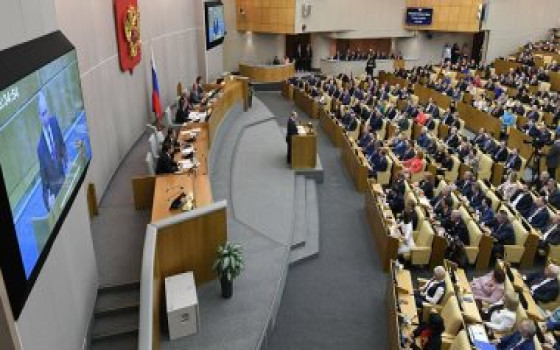
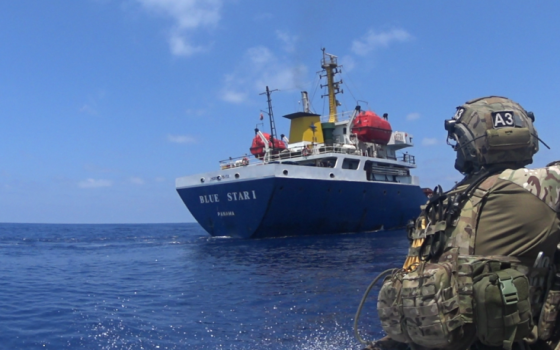
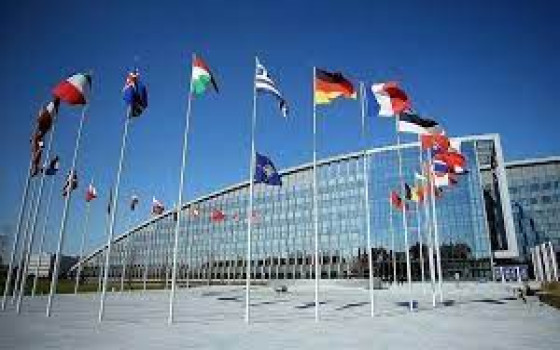
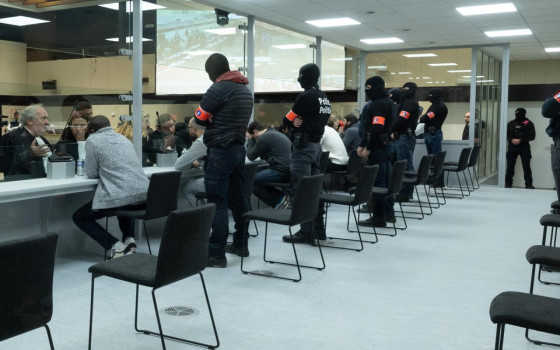
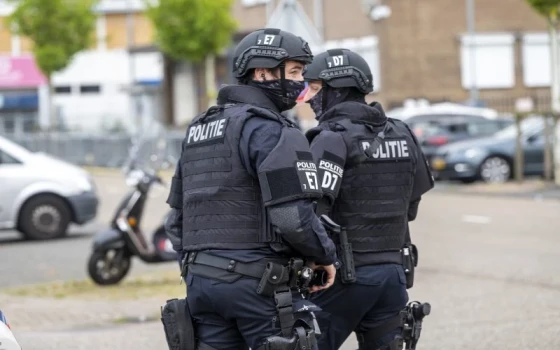
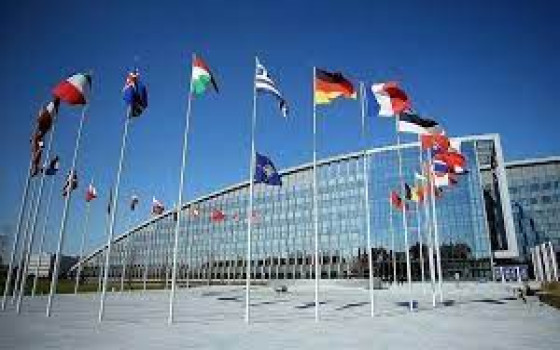
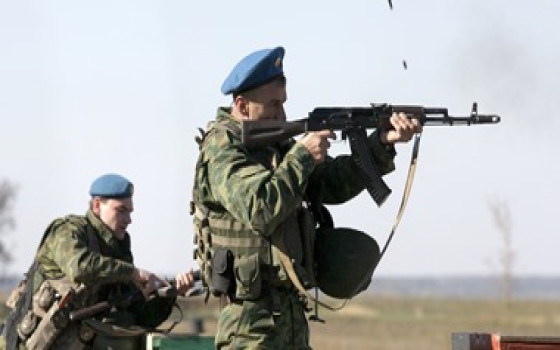
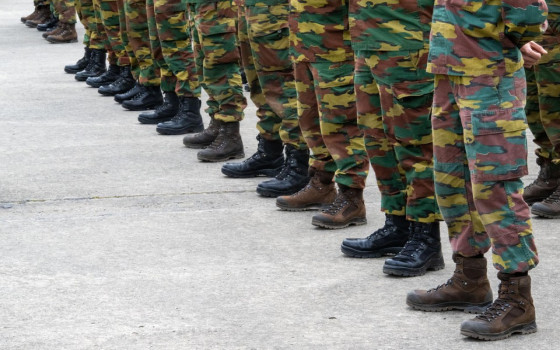

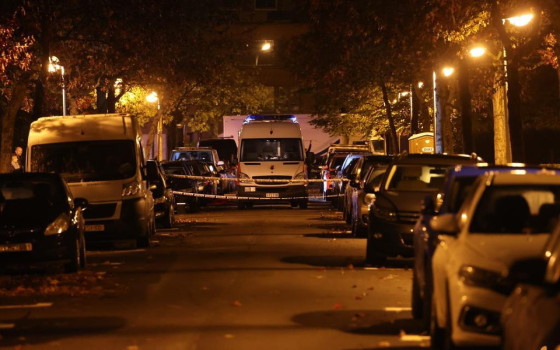
No Comments Found